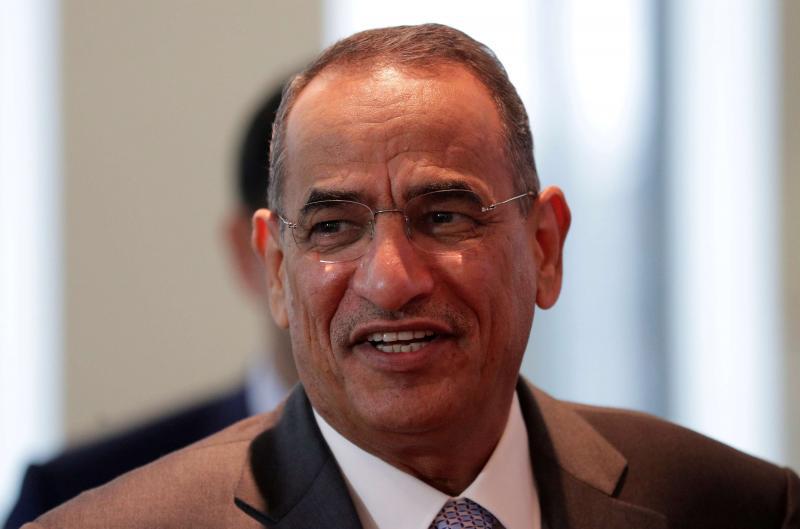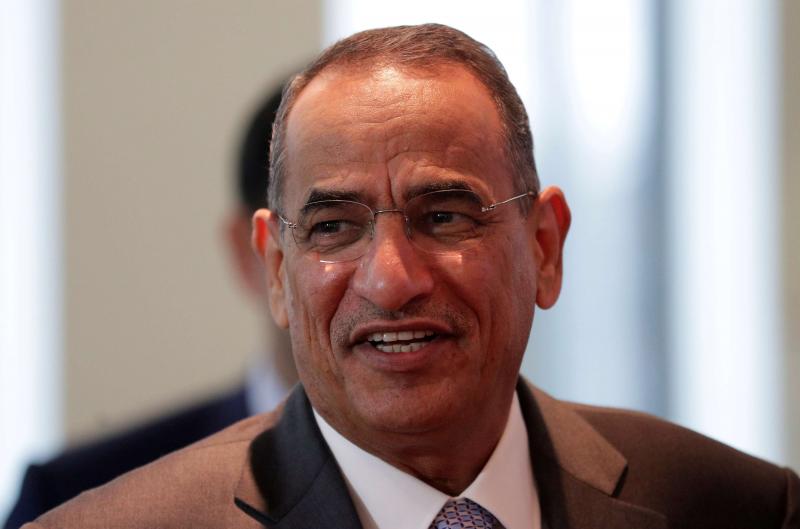Kuwait acts to resolve energy conflicts with neighbours
Kuwait is trying to tie up several troublesome loose ends with two Gulf neighbours while embarking on a new economic relationship with a traditional foe.
Kuwaiti Oil Minister Bakheet al-Rashidi said his government planned to sign an agreement this year with Baghdad on importing piped Iraqi natural gas and on operating joint border oil fields that have been in dispute between the two Gulf countries for decades. In addition, Rashidi said Kuwait and Saudi Arabia could resume shared oil production from their neutral zone within months.
Political differences between Kuwait and Saudi Arabia prompted the shutting in of around 500,000 barrels per day (bpd) of crude from the two neutral zone fields in recent years. “Matters with our brothers in Saudi Arabia are going at a steady pace and we expect the return of production in the divided region soon,” Rashidi said.
Production from the zone’s offshore 250,000-bpd-capacity Khafji field was shut down in October 2014, with field operator Saudi Aramco citing new government emissions standards for gas flaring. Production from the onshore 220,000-bpd-capacity Wafra field was halted in May 2015, with field co-operator Saudi Arabian Chevron claiming problems in securing work and equipment permits. The two fields are expected to begin producing again in early 2019, though initial volumes from Khafji will be half of capacity and ramped up over time.
More significant is that Kuwait and Iraq plan to join forces in sharing oil production and establishing a long-term gas supply relationship. Though Rashidi did not specify which oil fields shared by Kuwait and Iraq would be included in the agreement, cross-border oil fields have long been an issue between the Gulf neighbours.
Former Iraqi President Saddam Hussein accused Kuwait of siphoning oil from Iraq’s South Rumaila field by slant-drilling from the smaller Kuwaiti Ratqa field, which was one of his justifications for invading Kuwait in 1990. One belief is that the Ratqa field is a southern continuation of Iraq’s giant Rumaila field. Another border issue between the two Gulf countries centres on Iraq’s Zubair field, which extends into Kuwait, where the emirate’s portion is known as the Abdali field.
Rashidi said a global consultant would study the joint fields project, adding that crude should be extracted by “one company and one team,” with production shared and costs “split between the two sides.” Suffice it to say that Kuwait and Iraq reaching a concrete agreement to jointly operate cross-border oil fields and share in the output would signal a dramatic milestone in relations between the former foes.
Another development on a different energy front could help Iraq and Kuwait finally resolve a lingering hurdle in their relations since the 1991 Gulf War: The two countries have been negotiating a natural gas supply deal under which the Iraqi government would pipe Iraqi gas to Kuwait as a means of paying off $4.6 billion in war reparations.
Kuwait, which has limited natural gas resources, has been looking for steady and diversified gas supplies to free up Kuwaiti crude for export rather than for feeding its power plants. Natural gas also is a cleaner burning energy source.
A 25-year-long piped gas supply arrangement that Kuwait and Bahrain had been negotiating with Qatar was halted in 2005 when Riyadh refused to allow a portion of a proposed underwater pipeline to pass through its territorial waters.
Kuwait has increasingly turned to liquefied natural gas (LNG) imports, taking in supplies at a floating LNG terminal at its al-Zour port. In 2016, the Kuwaiti government commissioned a Korean consortium to construct a permanent LNG terminal at al-Zour. The terminal is to be completed in early 2021. Last year, Kuwaiti state oil firm Kuwait Petroleum Corporation signed a 15-year LNG supply deal with Royal Dutch Shell to commence in 2020.
A piped gas supply contract with Iraq will help Kuwait diversify its gas supplies and lock in a quicker, more efficient sourcing for the Gulf emirate than LNG deliveries.
Discussions between the two Gulf countries have moved beyond talk. Baghdad reportedly hired Japan’s Toyo Engineering Corporation last November to help build the gas pipeline to Kuwait as well as a related petrochemical plant, with completion of the line expected in 2019.
As an indication of just how neighbourly the relations between the two Gulf states have become, Kuwait donated 17 power generators to Baghdad in July when power shortages in Iraq sparked protests in Basra and other cities.
Jareer Elass is a Washington-based energy analyst, with 25 years of industry experience and a particular focus on the Arabian Gulf producers and OPEC.
This article was originally published in The Arab Weekly.







